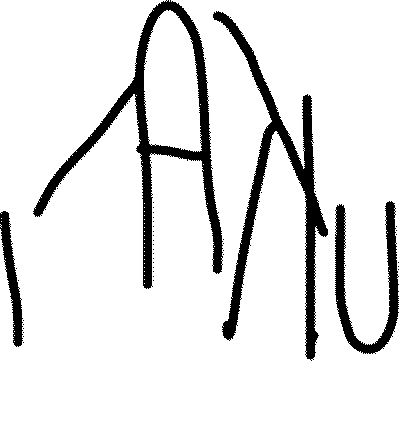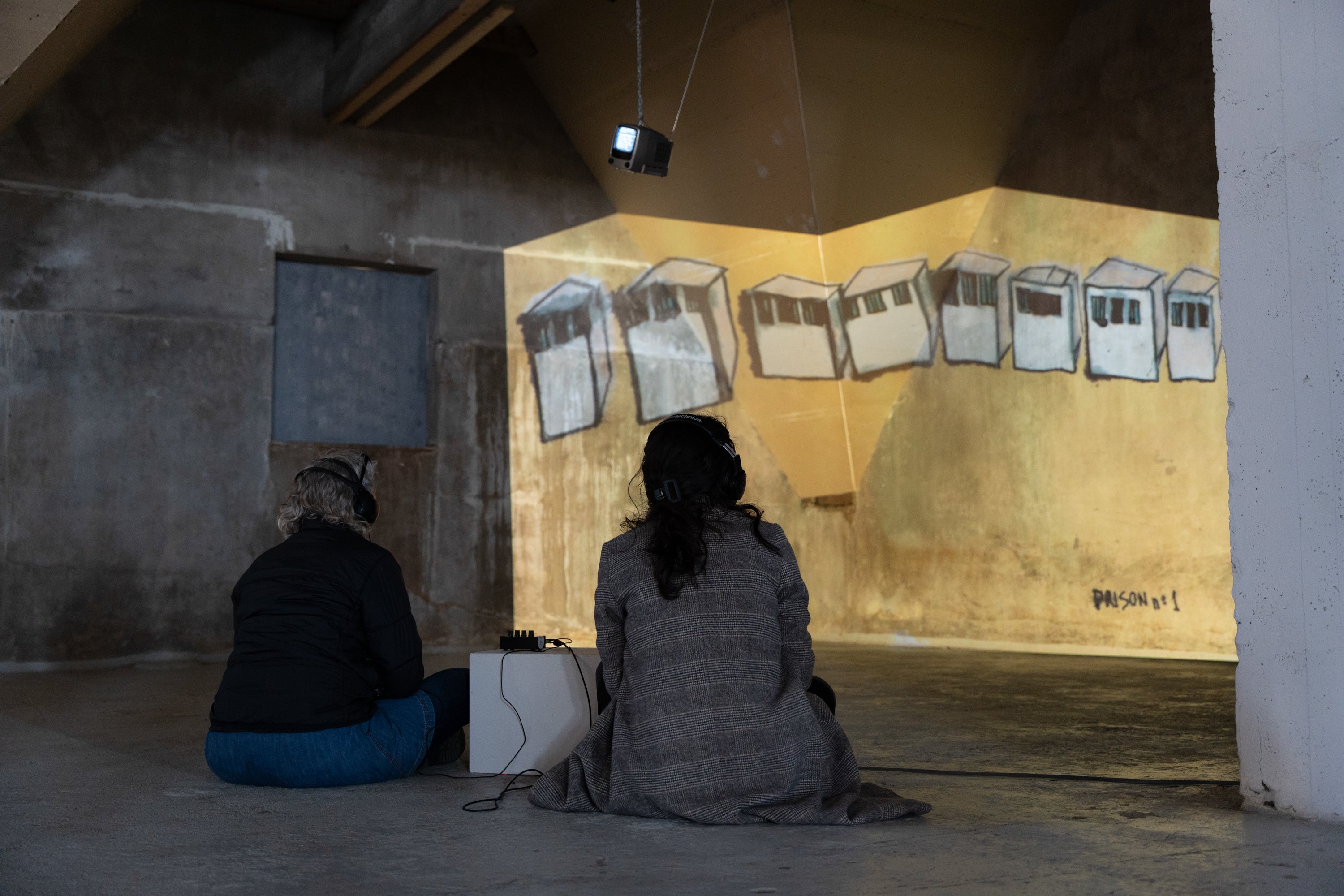
Work with Us
Since our founding in 2017, UKAI Projects has provided thousands with encounters with large-scale changes that are hard to put a finger on. We have delivered projects on intellectual freedom, artificial intelligence, climate change, and rising authoritarianism in Germany, Canada, Italy, Iceland, Malawi, Egypt, China, and the United States.
Leveraging projection, robotics, artificial intelligence, sound, storytelling, and more, we design and deliver Interactive and immersive encounters that bring us closer to the world we're in and the world that's coming.
Move through Discomfort: Sometimes these encounters are uncomfortable, but when we avoid uncomfortable experiences, we avoid having to respond.
Move beyond Ideologies: Too often we rely on what we read or hear to make up our mind, When we rely on ideologies or institutions to make our decisions, we are skipping a step. We’ve decided what something means before we have the experience.
Move into New Solutions: And when we apply old techniques to new problems, we end up repeating the patterns that got us here.
Contact us to Commission an Encounter
From large-scale performance venues to multi-site engagements, durational performances, and audience interaction, we work across a range of contexts to inspire conversation and action.
Our Expertise
-
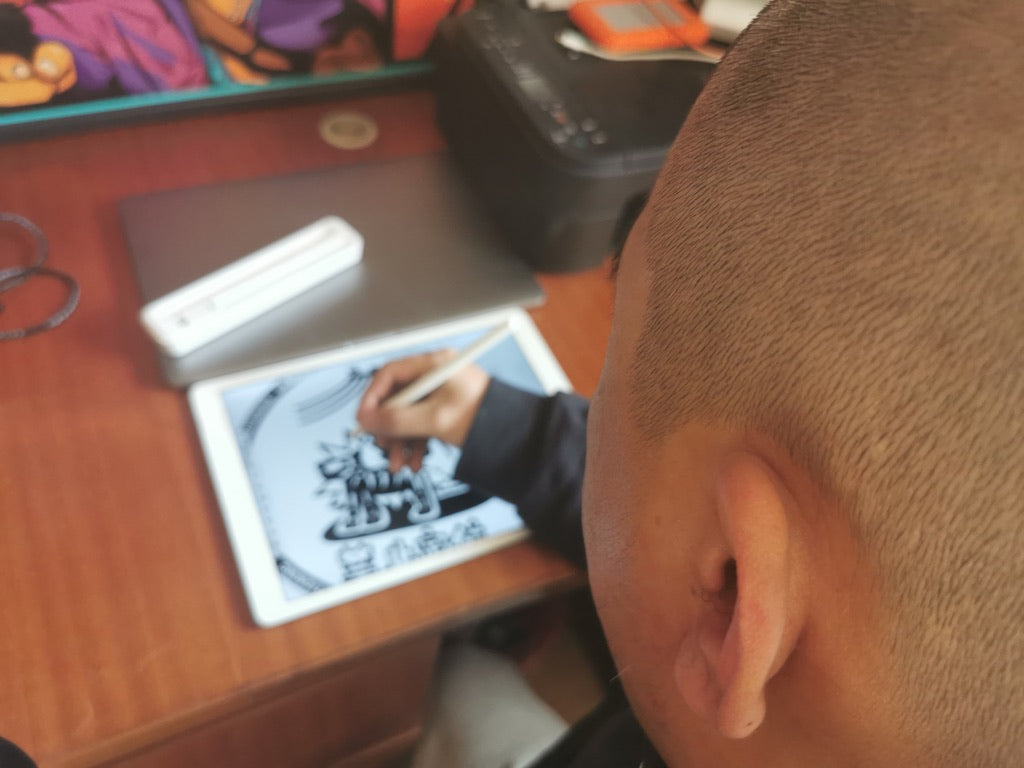
Cultural Research
cultural research case studyCultural research involves the systematic study and analysis of cultural behaviours, perspectives, practices, and artifacts to understand the underlying patterns, meanings, and influences that shape groups of people. We embrace a wide range of disciplines and methods to provide insights into how culture influences behaviors, identities, and social structures.
-
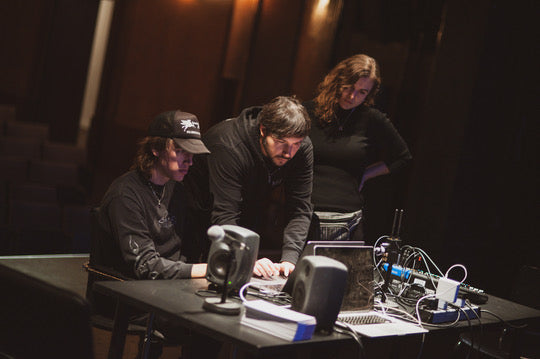
Co-Production
co-production case studyUKAI excels in creating immersive, participatory experiences that deeply engage diverse audiences, leveraging cutting-edge technologies and interdisciplinary collaboration. Co-producing with UKAI allows companies to address contemporary issues such as climate change and social inequity through artistic interventions, fostering community involvement and inclusivity. With a proven track record in research, development, and global programming, UKAI brings a wealth of expertise and a forward-thinking approach to any collaborative project, ensuring meaningful and transformative outcomes.
-
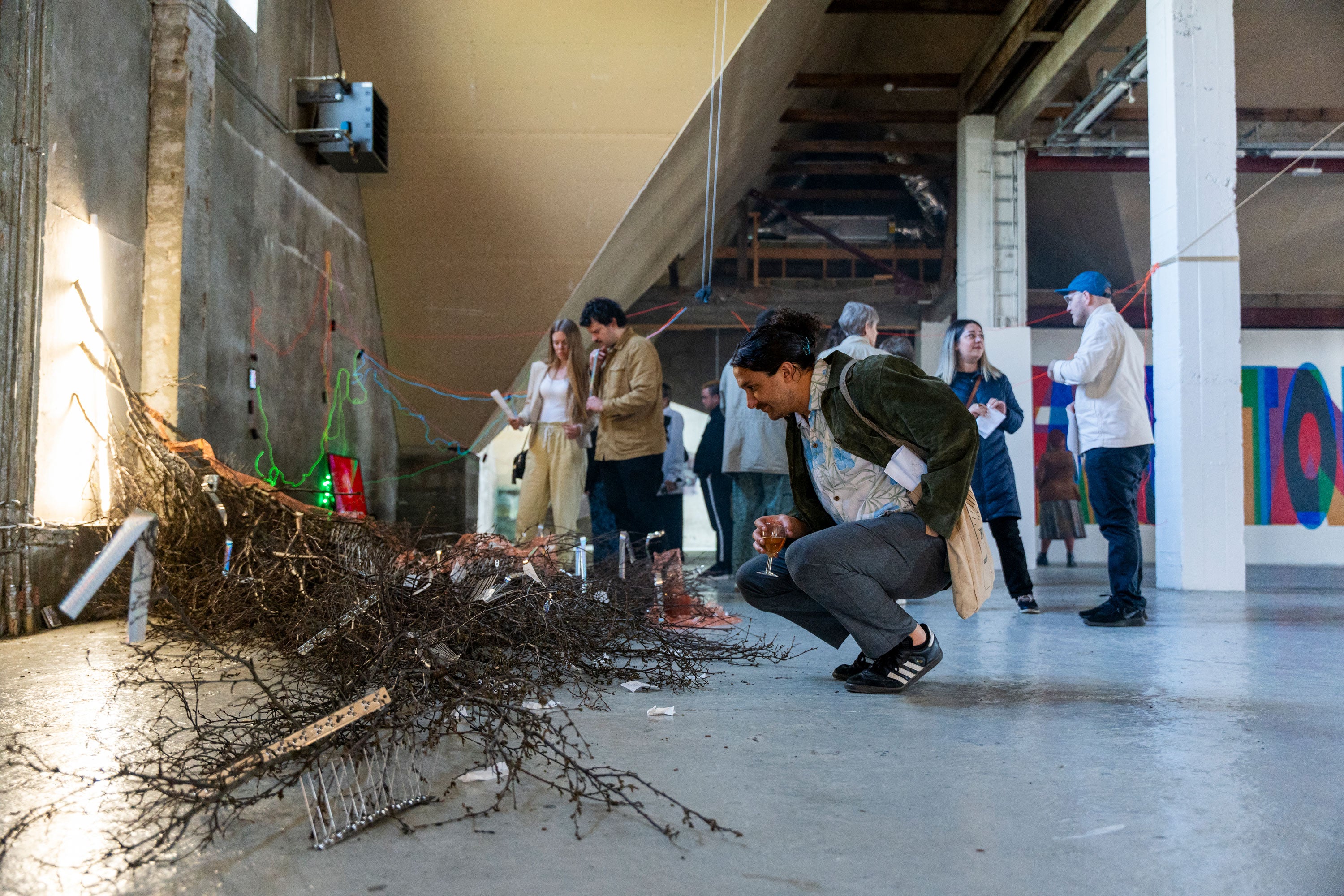
Immersive Experiences
immersive experience case studyUKAI specializes in crafting participatory and interactive environments that captivate audiences and provoke thoughtful reflection. Our expertise in blending cutting-edge technology with innovative cultural production ensures unique and memorable experiences. With a strong focus on addressing contemporary issues like climate change and social equity, UKAI's projects are not only artistically compelling but also socially relevant. Our interdisciplinary approach and commitment to community involvement ensure that each immersive experience is tailored to resonate with diverse audiences.
Case Studies
Learn more about how our projects in Research, Co-Production, and Immersive Experiences
-
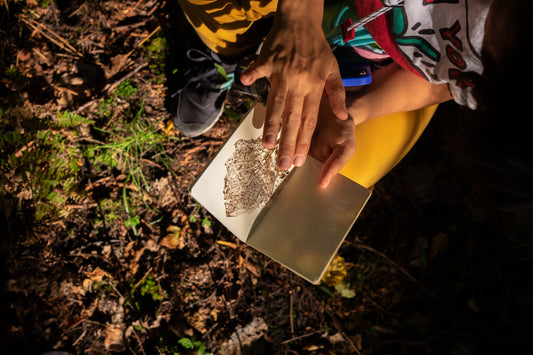
Intelligent Terrain
Independent artistic research program focused on ecology and AI, exploring algorithmic and land-based technologies
Intelligent Terrain
Independent artistic research program focused on ecology and AI, exploring algorithmic and land-based technologies
-
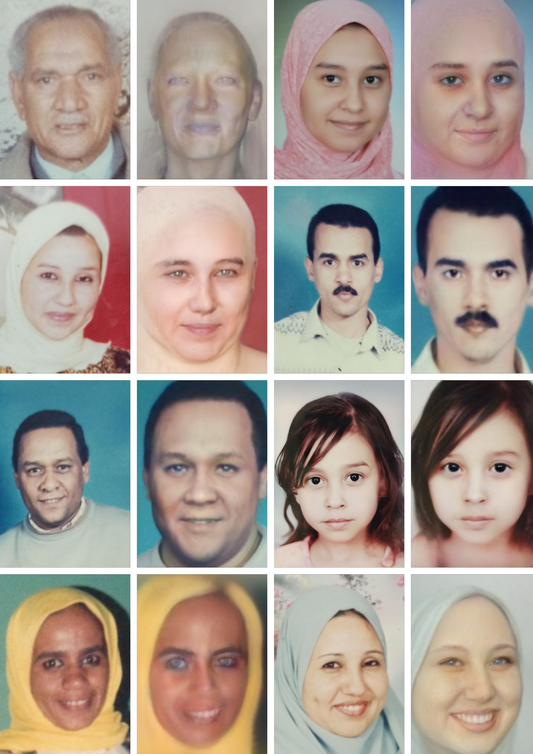
Cultural Research: Please Don't Understand This
Cultural research can complement and enhance traditional research when dealing with complex and multifaceted issues such as climate change, technological volatility, and rising authoritarianism.
Cultural Research: Please Don't Understand This
Cultural research can complement and enhance traditional research when dealing with complex and multifaceted issues such as climate change, technological volatility, and rising authoritarianism.
-
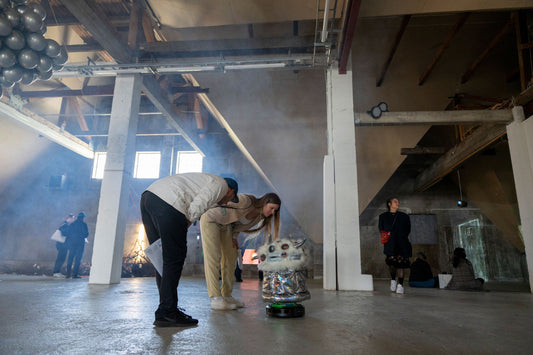
Site Activation: Shipwreck
Transform your site into an immersive and interactive landscape where audiences can confront and make sense of the massive changes we are undergoing. Visitors are invited to inhabit ecological and...
Site Activation: Shipwreck
Transform your site into an immersive and interactive landscape where audiences can confront and make sense of the massive changes we are undergoing. Visitors are invited to inhabit ecological and...
-
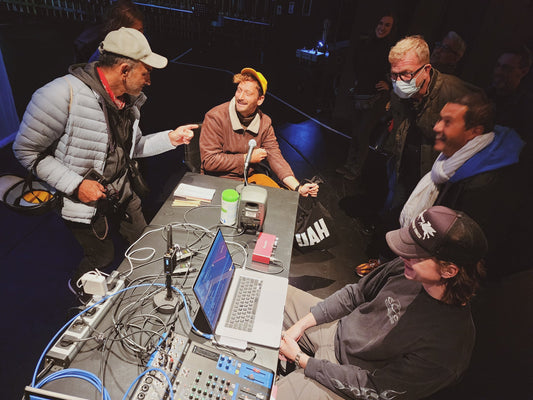
Interactive and Immersive Encounters: AI Ritual
Provide your audiences with large-scale immersive encounters with the changes we are collectively facing. Present and existing work or let’s talk about a commission!
Interactive and Immersive Encounters: AI Ritual
Provide your audiences with large-scale immersive encounters with the changes we are collectively facing. Present and existing work or let’s talk about a commission!
Testimonials
-
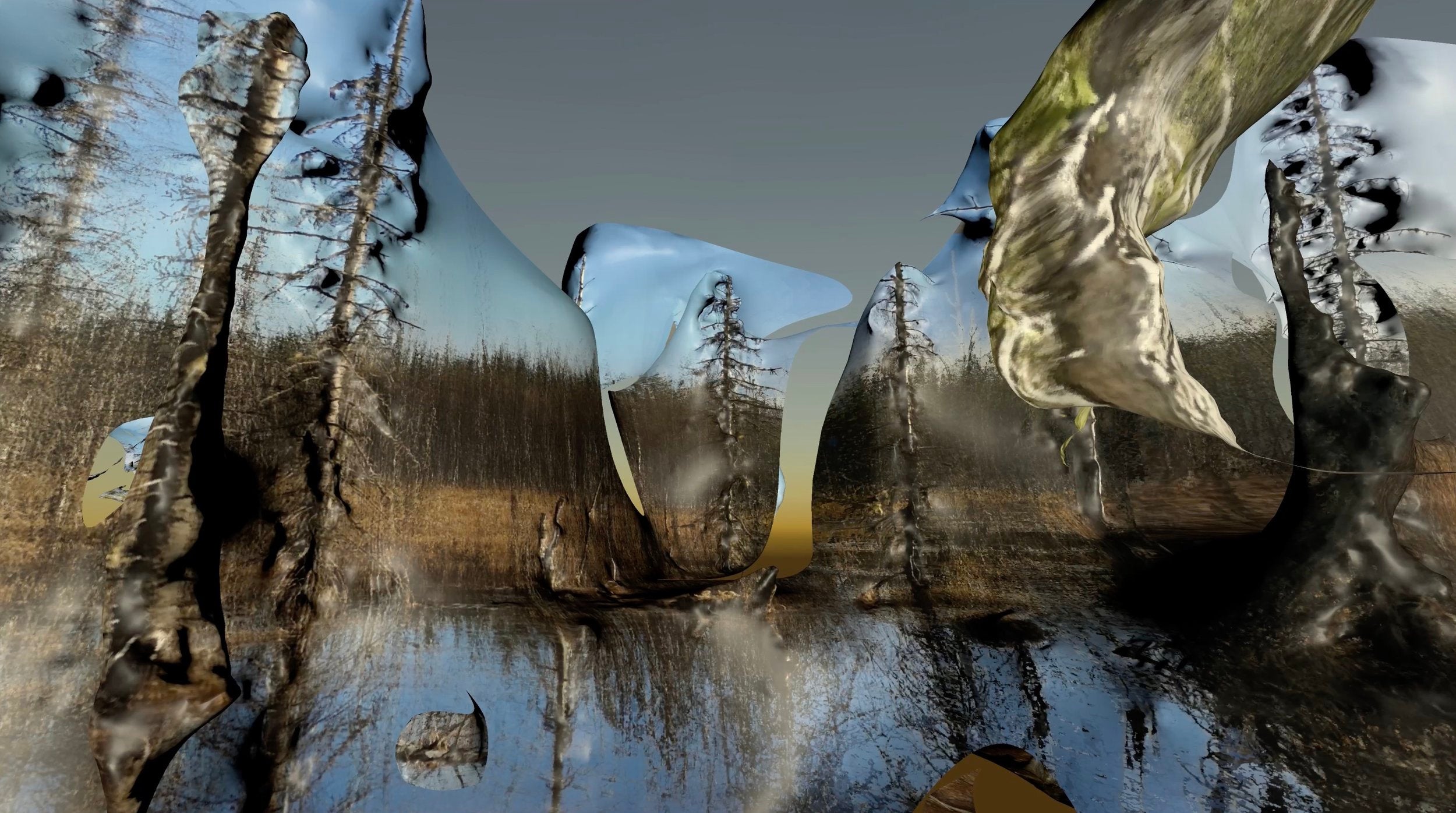
Ingrid Bjørnaali - Land Bodies (NO)
Working with UKAI Projects as co-producers for my, Maria Simmons’ and Fabian Lanzmaier’s ongoing project “Land Bodies, Decomposing Mass” has truly been rewarding. With the projects funding from Canada Arts Council, we’ve had the opportunity to gather material in both Newfoundland and northern Norway, extensively building on the research part of the project. With UKAI we’ve had online as well as physical meetings in their residence in downtown Toronto, keeping an inspiring discourse around our audiovisual project, while at the same time giving us full autonomy and artistic freedom, which has been a meaningful exchange of mutual trust.
-
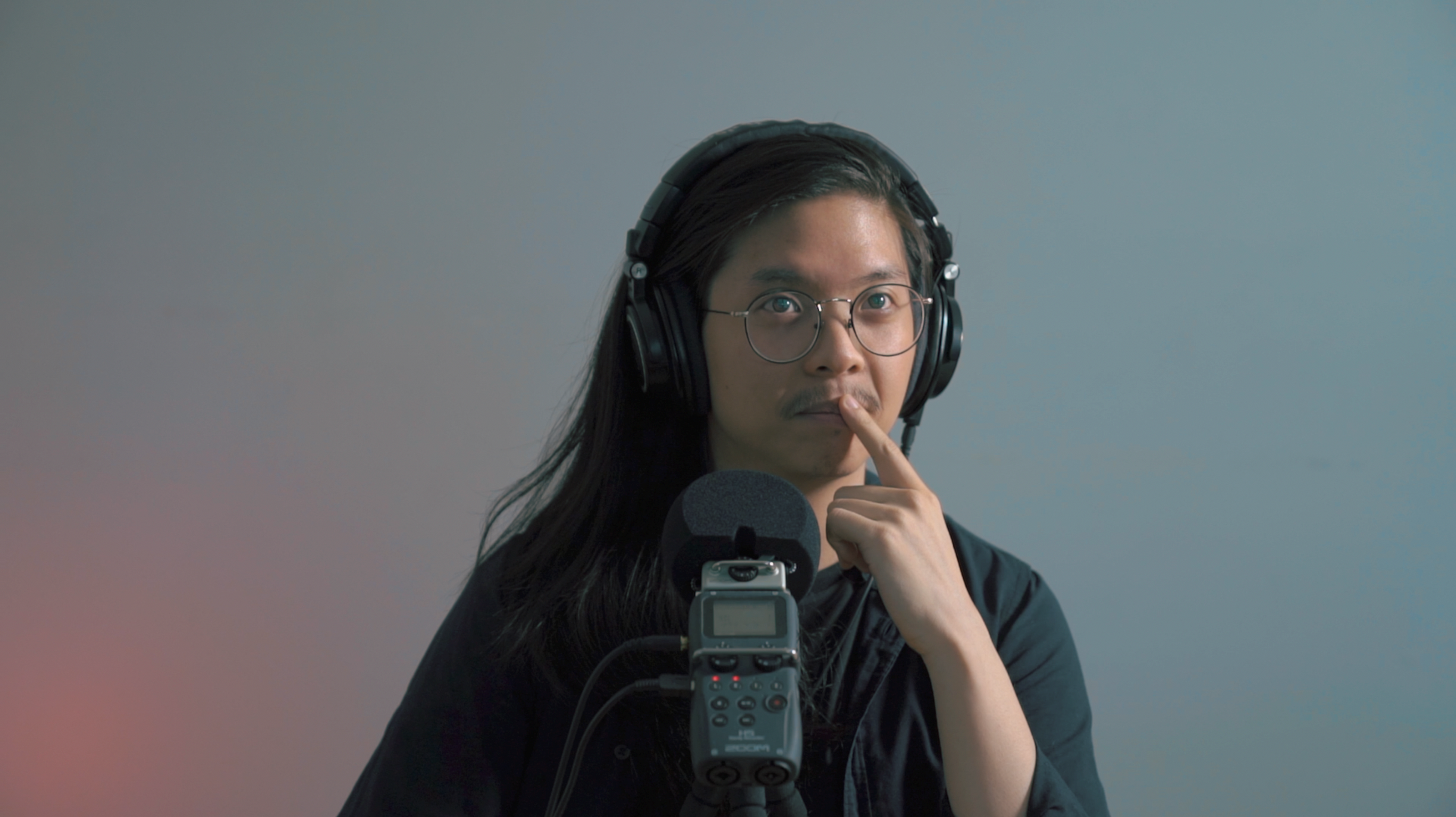
Milton Lim - Ferment AI (CA)
What sets UKAI apart from others in the AI conversation, is the integrity by which they focus on open access and cultural creation. The former serves to bring a wide and diverse group of people in, encourage AI literacy, and create long-term resources for others to continue learning from. The latter keeps us engaged in the conversation, and shifts the underlying philosophy from one of scarcity of knowledge, to relative and relational abundance. UKAI doesn’t just make gatherings and hold conversations, it builds cultural change.
-
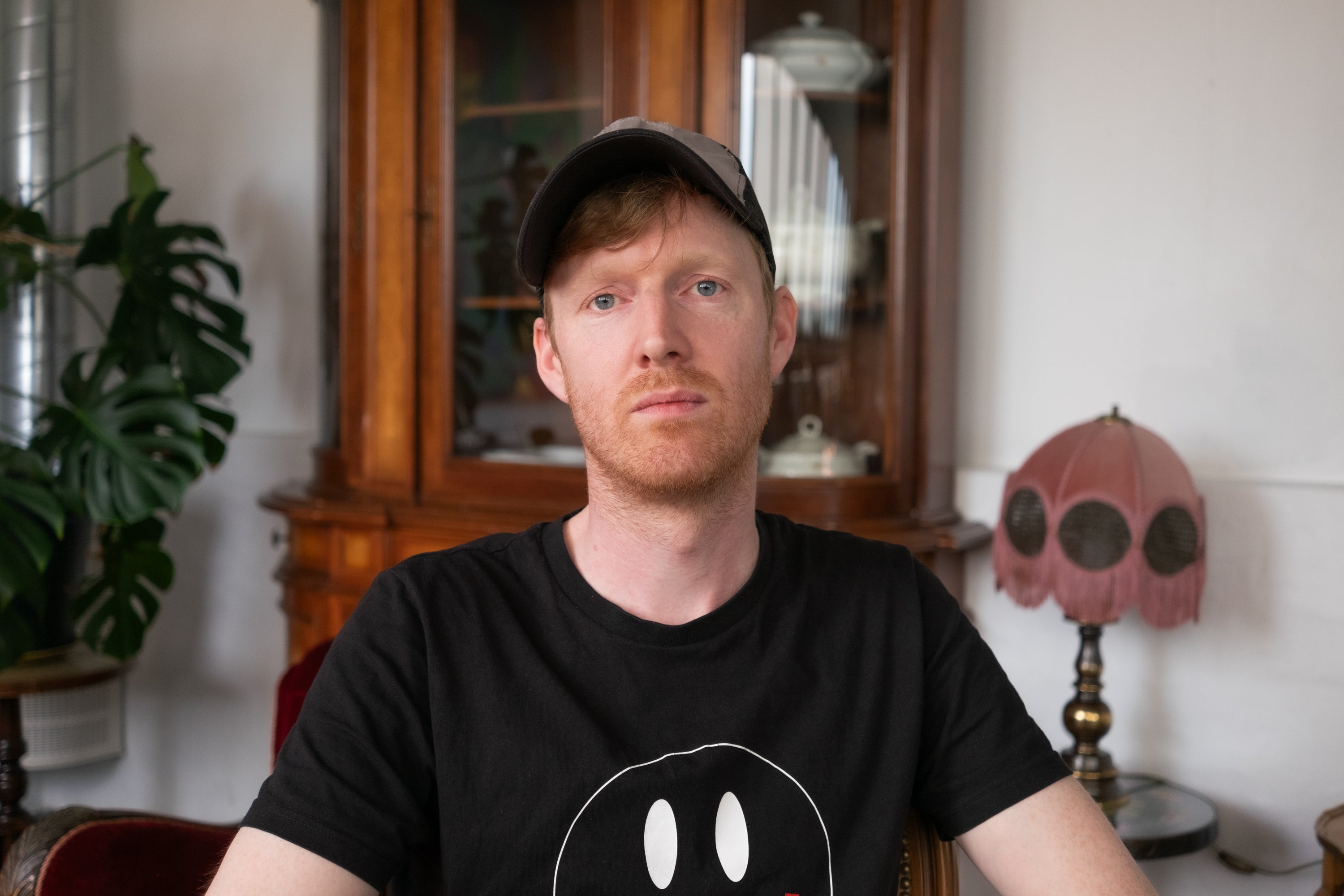
Andri Björgvinsson - Shipwreck (IS)
I was delighted to be invited to make a home within the ruins of the visiting artists as part of Shipwreck. The first thing I thought of was a lamp. A source of light. Lamps make things “homey”.
From the beginning, I knew I wanted to make a new work from scratch and also source materials from found or discarded objects - objects that might be seen as modern day ruins. These ruins are usually not visible to
us on a daily basis, many of them end up buried in landfills. After scavenging around the neighborhood, I found a stack of old neon signs from a restaurant in Reykjavík, and loads of disposable plastic boxes that are used to transport vegetables from various parts of the planet to Icelandic supermarkets.
FAQ
What kinds of projects do you undertake?
We are most interested in providing direct encounters to audiences and the public of large-scale changes that are hard to talk about or understand. We are concerned at how often we rely on polarized positions or ideologies to interpret events and want to help people make up their own mind about what is going on and how best to respond.
Who do you work with?
We build around the idea of "show don't tell". We work with organizations and communities that want to see more conversation and participation in the stories being told around them and are open to different ways of interpreting and making sense of the issue. If you think there's one 'right answer' then we probably aren't a good match.
What do you make?
We design and deliver experiences. We draw on a range of technologies - emerging and established and a range of creative traditions. The scale can vary from the highly intimate (such as work done at Dzaleka Refugee Camp in Malawi) or very large (such as the occupation and animation of a former dairy farm in Reykjavik, Iceland)
Is this art?
Art used to do the work of helping people make sense of the world, so in that sense, yes, we think of it as art though we have received feedback that what we do 'probably isn't art'. We're OK with this, as we're pretty confident that we'll need new ways of making and sharing art to live in right relation with a profoundly altered world.
